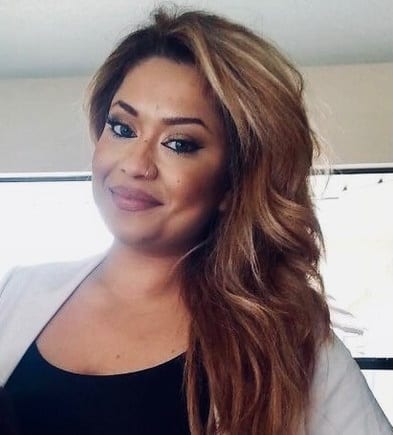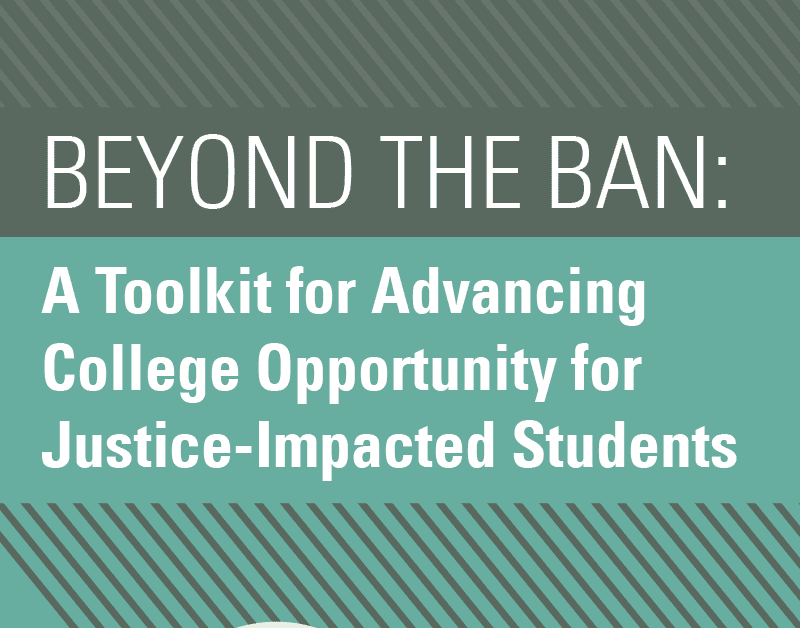
Rabia’s life experience has transformed a perceived liability into an asset. As a formerly incarcerated young woman of color, Rabia is honored to serve her community in promoting higher education embracing both social justice and the paradigm of equity, diversity, and inclusion. The Pakistani culture’s expectation for a young woman was met when she graduated with honors as a pre-med student. Unfortunately, she deviated from those social norms — making unwise, risky decisions resulting in incarceration. However, the power of education and academia saved her life, allowing her to reintegrate into society upon her release in 2020, when she connected with peers and mentors from organizations such as Project Rebound and Rising Scholars. Her work as an advocate seeks to include students with similar lived experiences, exposing the dangers of marginalization, by empowering them with support, enhanced wellness, and self-reliance.
Interests at the intersection of higher education and the criminal legal system
“I believe in the power of building a “prison-to-school pipeline,” which is one of the most effective ways to reduce recidivism and inspire and connect formerly incarcerated leaders and scholars to combat the effects of mass incarceration by pursuing and promoting mass education. Higher education allows us as a community to find ways to achieve social and economic success and increase workforce productivity. I have tragically suffered the devastating impact of incarceration, and upon my return, I realized that being formerly incarcerated carried stigmas and systemic barriers that would have lasting impact on the trajectory of my life — endless obstacles finding housing, stable employment, and obtaining education. I am proud to become a part of this community, where formerly incarcerated scholars and leaders connect with one another to empower, support, and guide others to pursue their academic passions. I believe education is the ink that individuals need to write their own positive narratives from experiences with incarceration and the criminal legal system.
Expectations or goals for the Fellowship?
The reality is that even though we Fellows are free from the prison life, we are not free from the struggles that come with building a new life in the community while trying not to reoffend and enduring the lifelong stigma of being formerly incarcerated. I hope this opportunity allows us to create a vibrant and nurturing community of directly impacted, formerly incarcerated advocates, who share a passion for learning more about higher education policy; become part of a space that allows us as a team to share and spread awareness and transparency, and to empower one another, while engaging in scholastic learning and gain valuable exposure, allowing us to enhance our personal and professional growth.




